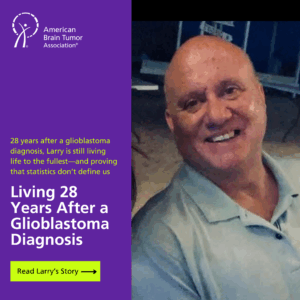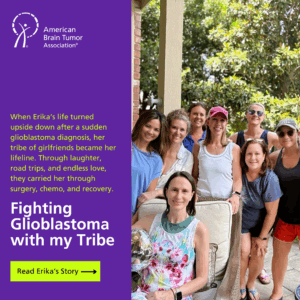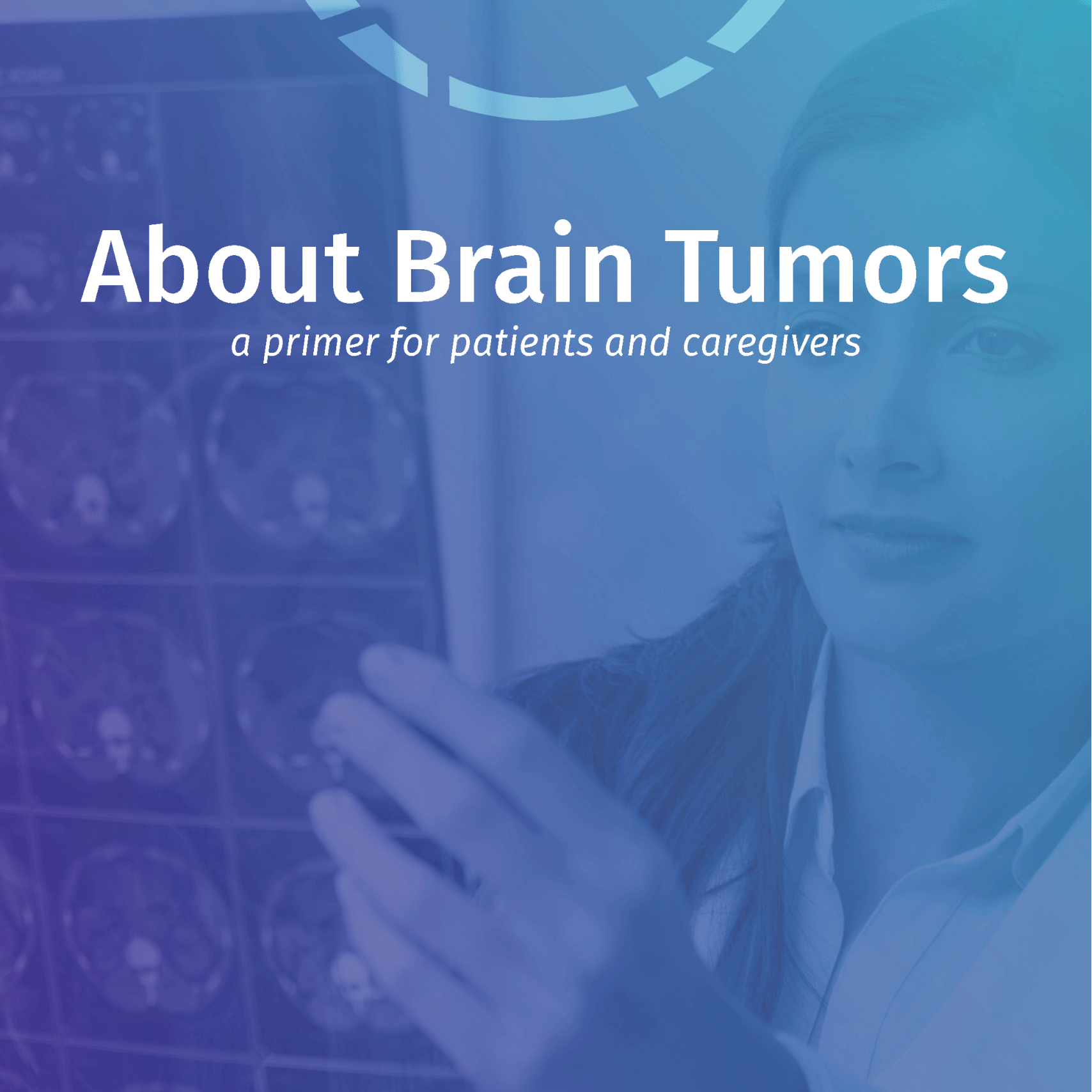June marks Brain and Spine Metastasis Awareness Month—a time to spotlight a critical but often under-recognized aspect of cancer care. To deepen understanding and highlight the urgent needs of patients facing brain metastases, we spoke with Dr. Jill Barnholtz-Sloan, a leading researcher at the National Institutes of Health’s National Cancer Institute (NCI) whose career has been dedicated to advancing brain tumor science.
A Lifelong Mission to Understand Brain Tumors
Dr. Barnholtz-Sloan’s interest in brain cancer research was sparked by the disproportionate toll these tumors take on patients. “Brain tumors, both primary and metastatic, contribute disproportionately to cancer mortality and morbidity,” she explains. Despite progress, the field is still full of unanswered questions.
“There is still so much we do not know about these tumors and how best to treat them. That challenge continues to motivate me every day.”
The Urgent Need for Awareness
While primary brain tumors often receive more public attention, brain metastases—cancers that spread to the brain from other parts of the body—are more common and just as devastating. As treatments for primary cancers improve and patients live longer, so does the potential for metastasis.
“Metastases can occur at any time in a patient’s journey,” Dr. Barnholtz-Sloan notes. “Sometimes they happen immediately, and other times, decades later.”

This unpredictability creates significant challenges for patients and researchers alike. While primary brain tumors in the United States are tracked through the Central Brain Tumor Registry, a population-based data source, the United States lacks a comprehensive tracking of brain metastases. This makes it difficult to understand the true burden of the disease. “That’s why sharing data from electronic health records and clinical sources is so important,” she adds. “The ability to follow the entire patient journey to improve care is needed.”
Promising Directions in Research
Despite these challenges, there are areas of exciting progress. “Basic research aimed at discovering new drug targets, combined with the development of novel therapies, is critical,” says Dr. Barnholtz-Sloan. Immunotherapy—which aims to use the patient’s immune system to treat cancer and has been a breakthrough in treating many primary cancers—is currently being used for some types of brain metastases and is being explored in clinical trials for use in brain metastases for other cancers.
Challenges Unique to CNS Metastases
Patients with central nervous system (CNS) metastases face unique hurdles. Because brain metastases can develop unpredictably and at various stages of a patient’s cancer journey, ensuring timely diagnosis and access to the right care is complex. The lack of comprehensive data tracking, which could provide insights on care and outcomes, adds another layer of difficulty, both for patients navigating care and for researchers aiming to understand long-term outcomes.
The Power of Data Sharing
As Acting Director and Associate Director for Informatics and Data Science at the Center for Biomedical Informatics and Information Technology at the NCI, Dr. Barnholtz-Sloan remains committed to improving data accessibility. She points to The Cancer Genome Atlas (TCGA) as a powerful example of how large-scale data can reshape cancer research.
“TCGA has been instrumental in changing diagnostic practices for primary brain tumors,” she explains, “and continues to help researchers validate scientific hypotheses.”
A similar resource focused on CNS metastases, she believes, could be transformational. “Having a comprehensive dataset for brain metastases would be amazing,” she says. “It would open the door to new discoveries and better outcomes for patients.”
Dr. Barnholtz-Sloan’s insights underline both the complexity and urgency of advancing care for patients with brain metastases. Through dedicated research, data sharing, and continued innovation, there is hope for a future where brain metastases are not only better understood—but more effectively treated.
To learn more about brain metastasis, download the ABTA’s Metastatic Brain Tumors by visiting abta.org/brochures and watch the Metastatic Brain Tumors 101 webinar. The ABTA is also proud to be a leader of the Metastatic Brain Tumor Collaborative, which aims to identify needs, increase awareness, and accelerate research and treatment discovery for cancer patients are at risk or who have been diagnosed with brain metastases.










